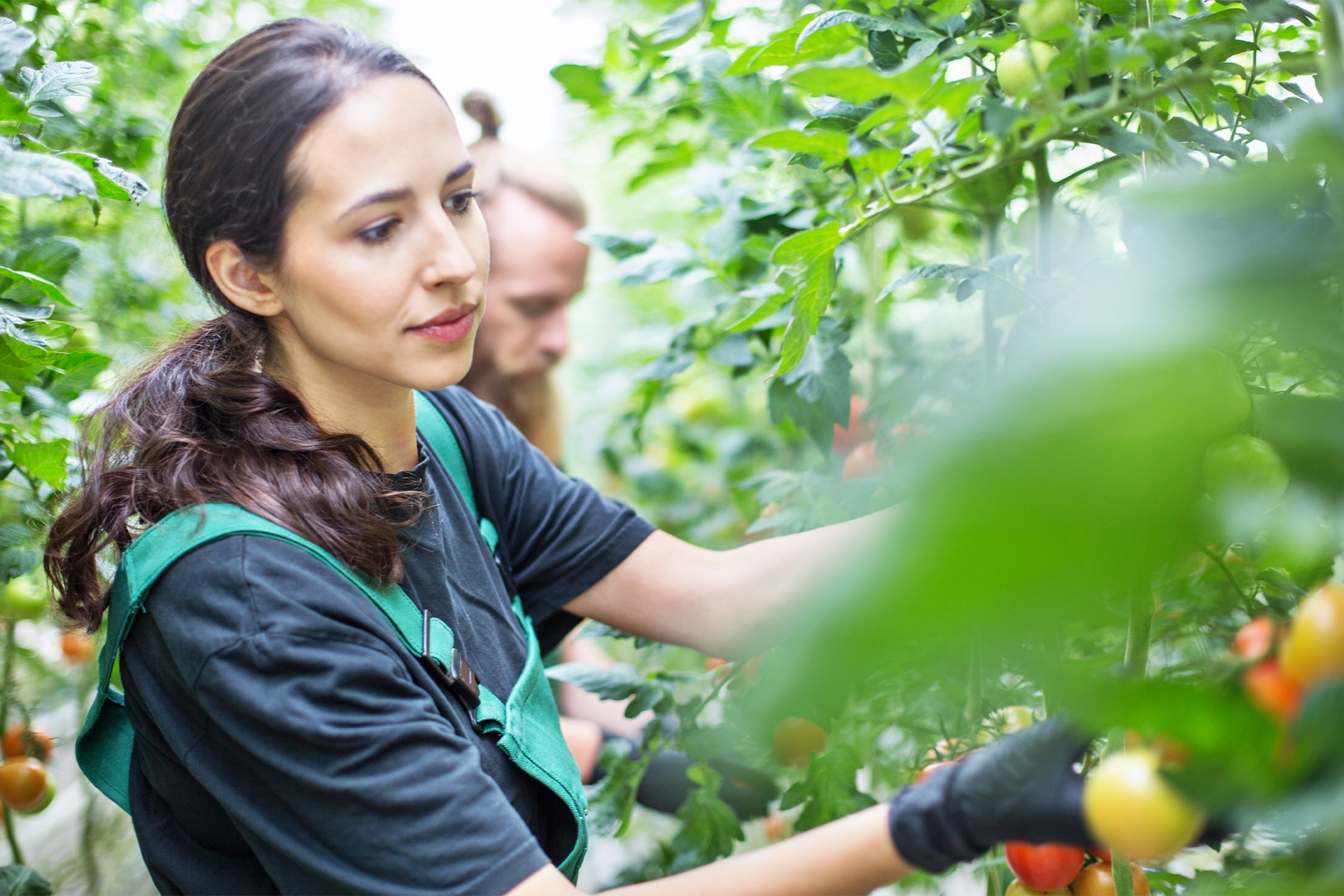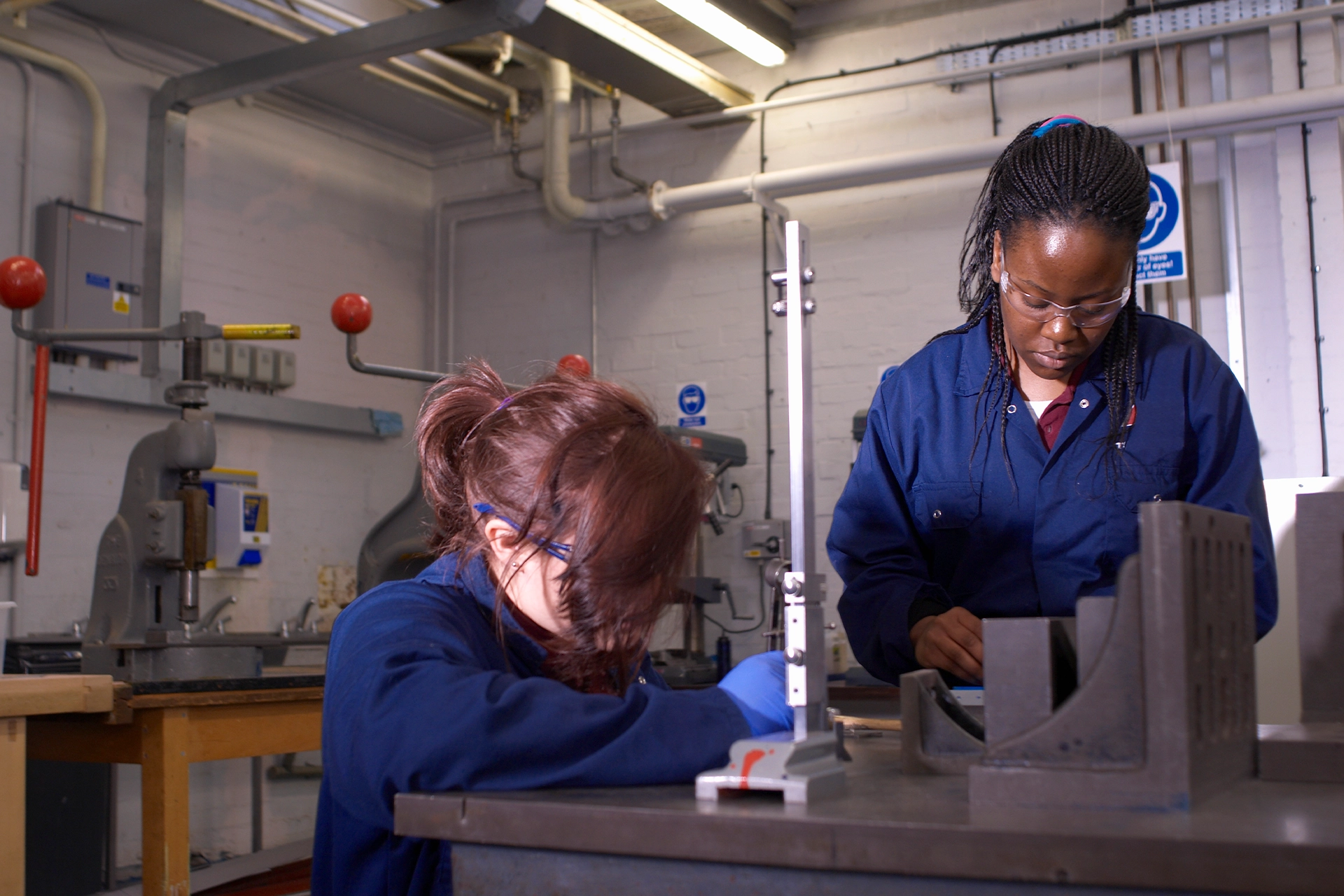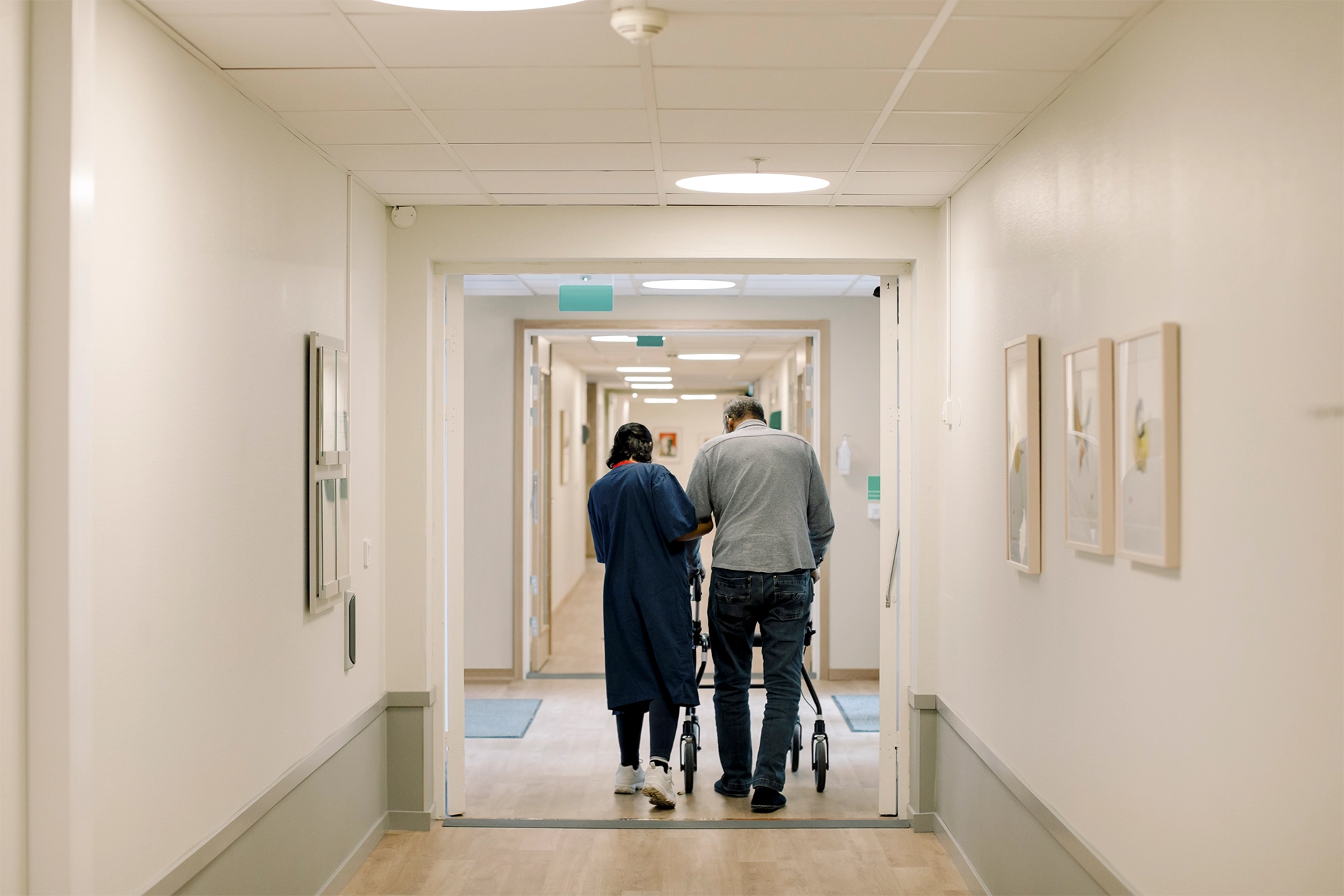
Politics & Society
Busting the myths about sexual harassment

New research finds migrant and refugee women in Australia are facing high levels of workplace sexual harassment and racial discrimination with little protection
Published 29 August 2024
Almost half of migrant and refugee women have reported at least one form of sexual harassment in the workplace in the last five years in Australia.
That’s according to respondents in our first comprehensive study of its kind which asked migrant and refugee women form across Australia about their experiences of sexual harassment in the workplace.
And the responses were clear.

But sexual harassment is only one of the reasons they do not feel safe at work.
Our new study draws on the accounts of 900 migrant and refugee women across Australia who took part in our survey, focus groups and interviews.
We hope its critical insights will push forward an agenda to secure all women’s safety in the workplace and beyond.
Here, we focus on three key findings.
In 2023 we released findings from Phase 1 of this study.
Forty-six per cent of migrant and refugee women who responded to our national survey reported at least one form of sexual harassment in the workplace in the last five years in Australia.
The survey revealed that race and religion-based discrimination were both a key motivation for the workplace sexual harassment.

Politics & Society
Busting the myths about sexual harassment
Phase 2 of this research included interviews and focus groups, and enabled a deeper examination of the connections between discrimination and workplace sexual harassment.
A common issue that emerged was that – regardless of industry, education or employment status – overt and implicit racism was a part of women’s experiences of work.
Like this from a woman who identified as a second generation migrant:
You are taught to...forgive my language… cop shit. And specifically because you’ll have white employers, you’ll have white managers, you know, racism is just gonna happen … sexual harassment … you just know it’s gonna be a shit time for you. But you just sort of suck it up and you move on because you need the pay cheque.
The women's experiences of racial discrimination and sexual harassment varied, but the question many women rhetorically asked was: “If I was white, would this be happening to me?”

Industry stakeholders we interviewed acknowledged this overlap as well saying "workplace sexual harassment is an expression of violence and power … so all of those intersecting vulnerability factors will come into play".
While focus group participants pointed out how gendered and stereotypical often ideas underpinned behaviours targeted at different groups of women.
One woman shared feeling "targeted a lot, because … people … have this stereotype, like Asian women won’t speak up … I feel [because of] … who we are, we’ll bear more chances to get sexually harassed".
Many women reported being told they should learn how to ‘take’ the Australian culture of joking. This directly impacted women’s responses to the harassment they experienced and their willingness to report the behaviour, as this person told us:
I have even been told "Indians … don’t … have a thick skin like us". So I have lost all motivation to complain.

Health & Medicine
The mental health of young African Australians
Having paid employment and a regular source of income is paramount to migrant women’s residence and safety in Australia.
A major reason some women did not formally disclose their experiences was they were concerned about the impact it would have on their employment.
Instead, migrant and refugee women were more likely to informally share their experiences with other women (friends or colleagues), but not to pursue formal complaints.
Temporary visa holders have the additional burden of navigating the migration system if they need to leave their employment. Some women said this as a significant reason for staying silent and tolerating the harassing and abusive behaviour in the workplace.

For other migrant and refugee women, like many other women across Australia, the answer to feeling unsafe at work was to leave rather than speak up.
It is quite scary. While it is the right thing to do, it can jeopardise your role. So, that’s why it is better to just find a new role and move.
These choices reflect how persistent workplace or employer inaction, alongside a culture of victim blaming, impacts how women navigate securing their livelihood and their safety.

Arts & Culture
Where’s the ‘honour’ in an ‘honour killing’?
Migrant and refugee women overwhelmingly told us that silence around harassment is also a major discouragement from reporting it.
If they did complain the most likely outcome was that the perpetrator or the complainant would be moved around within the organisation.
No formal actions were taken, there were no ‘real’ consequences and there was limited formal recognition that the perpetrator’s behaviour was unacceptable in the workplace.
One overarching concern was that workplace responses lack transparency. This echoes the recent University of Sydney report and state government commitments around the use of non-disclosure agreements.
A lack of transparency leads to a lack of public or formal acknowledgement of the harm women experience in the workplace.
It places the burden of the harassment on women themselves – where they may be treated with suspicion and or considered a problem in the workplace.
As one woman told us:
A lot of companies have policies where you can report certain things. But how do I make sure that if I report, nothing is going to happen to me that negatively impacts my position?

This is the first comprehensive study of its kind.
It was designed in part to respond to a major gap in the Australian Human Rights Commission’s (AHRC) national studies of workplace sexual harassment – which meant the breadth and diversity of migrant and refugee experiences wasn't adequately captured.
While there are many recommendations arising from this research, the first one is key:
To prioritise women’s safety at work and to recognise that the siloed responses to discrimination, exploitation and harassment can undermine the recognition that women experience all of these behaviours at once and that all of these behaviours undermine women’s safety at work.

Health & Medicine
Misogyny in medicine impacts us all
Policies continue to separate forms of workplace harm, when we know that much of the problem lies at the intersections, for example, when racism emboldens sexual harassment.
This is an important challenge to existing systems.
Our research aims to lay a solid foundation to challenge assumptions regarding best practice, national approaches to research and who is responsible for workplace sexual harassment.
It's critical that we engage with the diversity of women’s experiences to better understand what safe work could and should look like for everyone working in Australia.